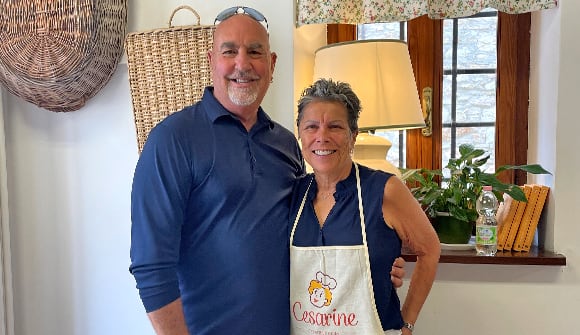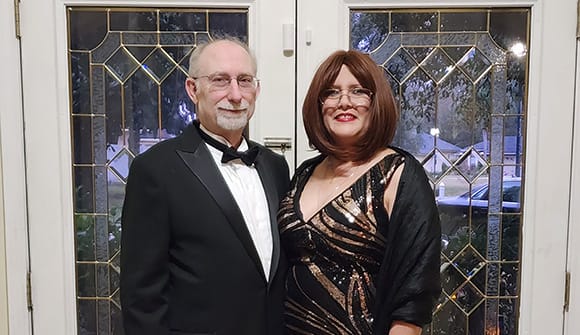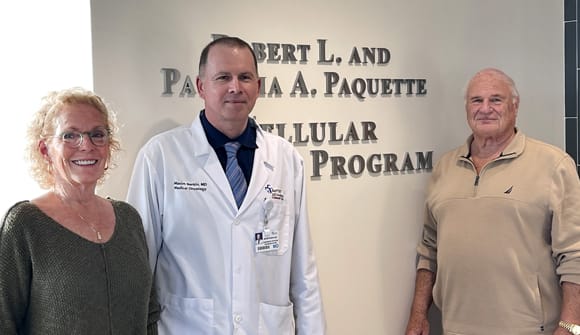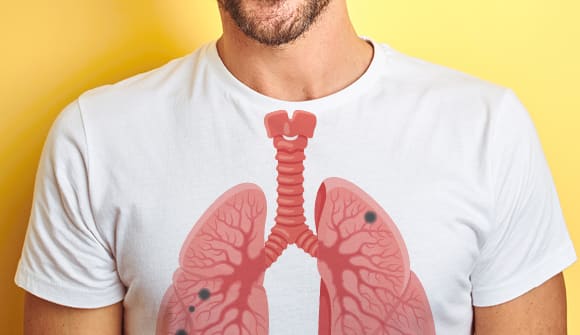The come back
Cancer recurrence explained.
Article Author: Beverly Wong-Ken
Article Date:
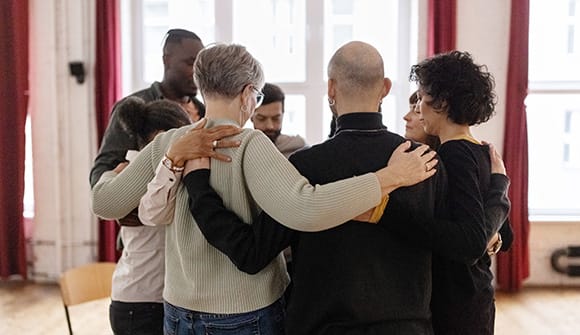
Getting a cancer diagnosis once is a life-changing experience. To receive the diagnosis a second, or even a third time, can be overwhelming.
Jennifer Crozier, MD, medical oncologist at Baptist MD Anderson Cancer Center, explained why cancer sometimes comes back. She also provided tips for how patients can reduce the risk of recurrence and try their best to cope.
Why does cancer come back?
A recurrence is when cancer cells return after successful treatment. It can happen weeks, months or even years after the original cancer was treated. But why does this happen?
"Cancer returns when tumor cells that were present at the time of the original diagnosis survive treatment and regrow," Dr. Crozier explained. "Returning cancer can occur either in the place where it started originally, which is known as a local recurrence, or as a regional recurrence in nearby parts of the body. Cancer that have spread to a more distant location, such as another organ or the lymph nodes, is called metastatic cancer recurrence."
According to Dr. Crozier, the chance of cancer reoccuring depends on the type of cancer and the stage originally diagnosed.
"Cancers that are at a more advanced stage when they are diagnosed are more likely to recur," she said. "For example, stage three is more likely to recur than stage two. Stage two is more likely to recur than stage one."
Managing a cancer recurrence
Unfortunately, it's not possible to know for sure whether the cancer will return after initial treatment ends. However, there are a few ways you can reduce the risk of it coming back.
"Following your multidisciplinary team's guidance is important to reduce the risk of recurrence," said Dr. Crozier. "There are multiple forms of treatment that may be used, including surgery, chemotherapy, immunotherapy and radiation therapy. There are other controllable factors such as maintaining a healthy diet, exercising regularly, limiting alcohol intake and not smoking."
If cancer does recur, remember, you know more now about cancer and your treatment options. Take heart in the fact that you had the strength to get through this before and know you don't have to do it alone.
"Having a support system is very important," Dr. Crozier said. "This can be a combination of family, friends, faith-based communities and support groups. If you're in need of additional support, connecting with a therapist or counselor who works as part of a cancer care team may be beneficial."
Baptist MD Anderson Cancer Center offers a wide range of support services, including outpatient resources, to help patients and their families during and after cancer treatment.
Don't ignore your symptoms
If you have a question about a sign or symptom that concerns you, talk to your primary care physician. If you need a cancer specialist, please call 904.202.7300 or visit BaptistMDAnderson.com.
